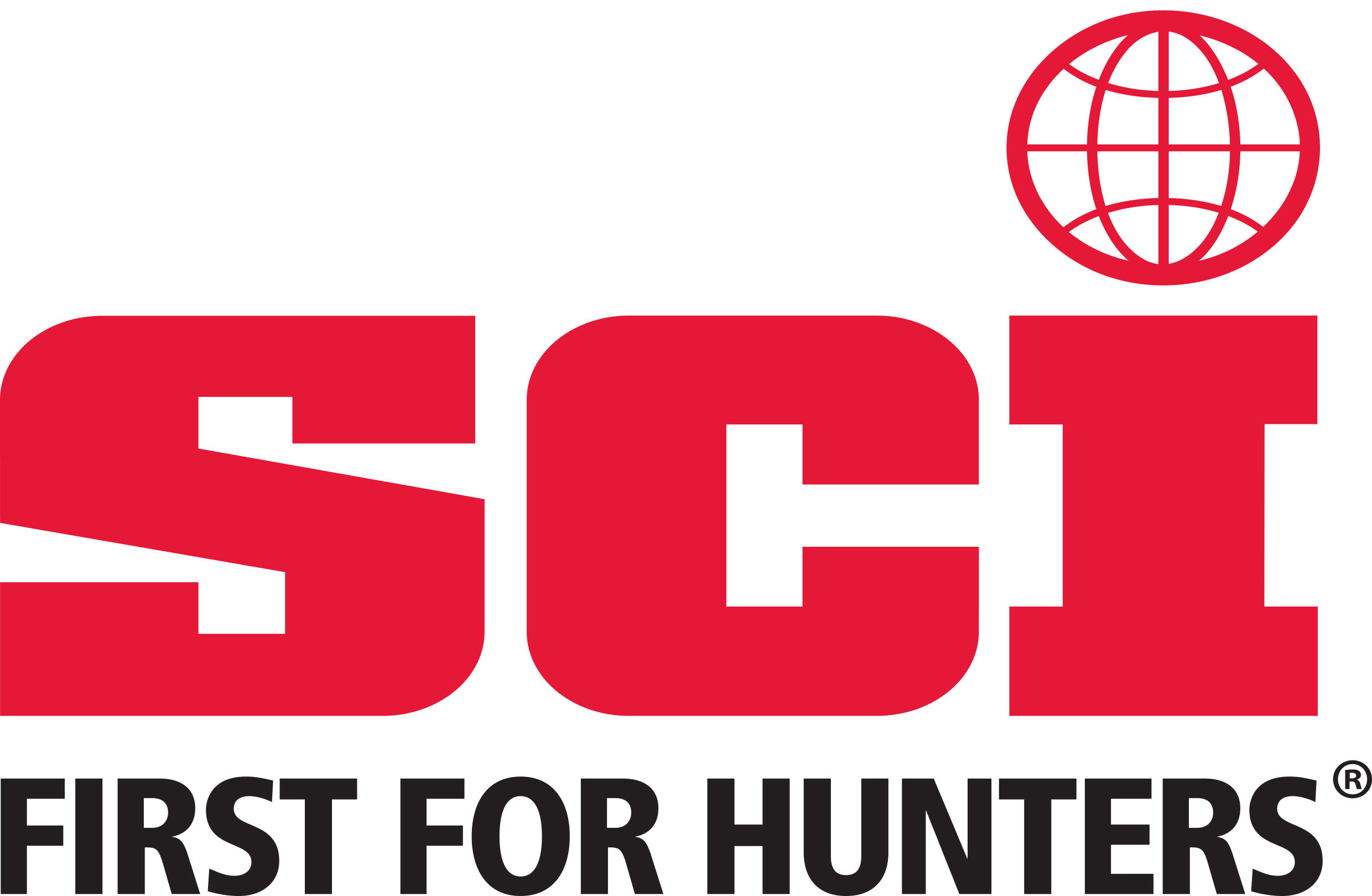Federal Judge Strikes Down New Jersey Ban on Trophy Importation
On July 8, 2016, Conservation Force, the Garden State Taxidermist Association, a New Jersey taxidermist, and five New Jersey based hunters sued the state to compel an end to New Jersey’s ban on the import, possession, export, transport, and processing of hunting trophies of the African “Big Four” (elephant, leopard, lion, and rhinoceros). The plaintiffs alleged that the state’s ban was preempted by the Endangered Species Act (ESA). The applicable law is ESA Section 6(f): “Any State law or regulation which applies with respect to the importation or exportation of, or interstate or foreign commerce in, endangered species or threatened species is void to the extent that it may effectively … (2) prohibit what is authorized pursuant to an exemption or permit provided for in this Act or in any regulation which implements this Act.” 16 U.S.C. § 1535(f).
On August 29, Judge Freda Wolfson of the U.S. federal court in Trenton entered an Order and Judgment against the State of New Jersey. The Order prohibits the enforcement of the ban against activities authorized by federal law, regulation, or permit. Hunters may continue to import, export, and possess federally authorized Big Four hunting trophies in the State.
According to John J. Jackson, III, President of Conservation Force, “no State can prohibit conduct the ESA and the U.S. Fish and Wildlife Service permit. This case should be a lesson for other states considering similar laws. The plaintiffs fully support prohibitions against illegally trafficked wildlife. But we will fight any law banning legal hunting trophies. As the governments of Namibia, South Africa, Zambia, and Zimbabwe will tell you, licensed, regulated hunting is essential to the conservation programs in those countries. And it must be protected.”
Jackson added, “We are so elated to get through the case quickly, before the African conservation infrastructure was damaged too greatly and before other states followed this illegal example. This was a particularly egregious ban because federal import permits are based upon science-based enhancement findings, thus the obstruction of the imports would have denied the game species the intended enhancement for which there is no substitute. In short, the state law was the threat to the species.”
The plaintiffs were represented by John J. Jackson, III of Conservation Force and Brendan Judge of Connell Foley LLP. For more information, contact Regina Lennox or John J. Jackson at (504) 837-1233 or cf@conservationforce.org.
About Conservation Force
Conservation Force is non-profit 501(c)(3) public foundation formed for purposes of conserving wildlife and wild places. Conservation Force is an international leader in the application of user- pay, sustainable use-based programs to enhance the survival and recovery of listed game species. Since 1997, Conservation Force and its partners have invested millions of dollars in elephant, rhino, and lion conservation, anti-poaching, and recovery programs for many other species. Conservation Force is based in Louisiana and has an international Board and staff, and projects around the world.






